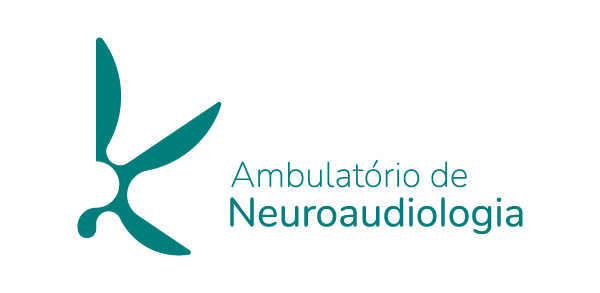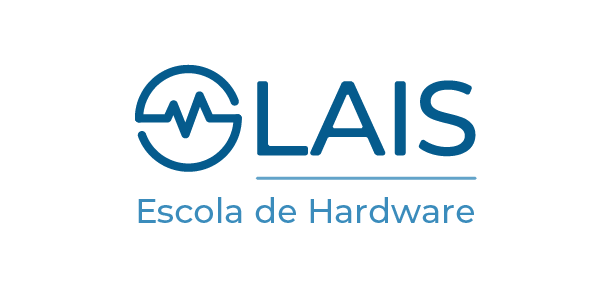The Bionic Eye project emerged from the need to mitigate the difficulties that the visually impaired face in their daily lives walking on the streets, and aims to develop an electronic platform to help them during their locomotion.
The system detects obstacles at 1.2 meters that may hinder or or bring danger to the user’s locomotion, such as telephone booths, holes, flowerbeds, signs, among others. With this, barriers that are not easily detected by the cane start to be alerted with precision, making locomotion safe.
The technology is based on the use of a cane, an instrument already used by the visually impaired for locomotion. The equipment has a sensing system and a microprocessor platform that evaluates the environmental conditions of the surroundings where the user is.
The Bionic Eye is a project whose results will be made available online, in an open way (open source), where any individual can implement the system following the steps for development.
Its premise is the low cost of implementation, presenting sensors and microprocessors of more accessible values, allowing the development of a more accessible cost platform for the social classes with lower purchasing power.
It is a technology aimed at improving the quality and safety of the locomotion of the visually impaired, informing them about obstacles that may risk their safety during their paths.

Initiatives developed to reduce the impacts of ALS on the patient's quality of life.

It works in the understanding, diagnosis, and resolution of hearing disorders.

Develop technological equipment that links biological signals to computing.